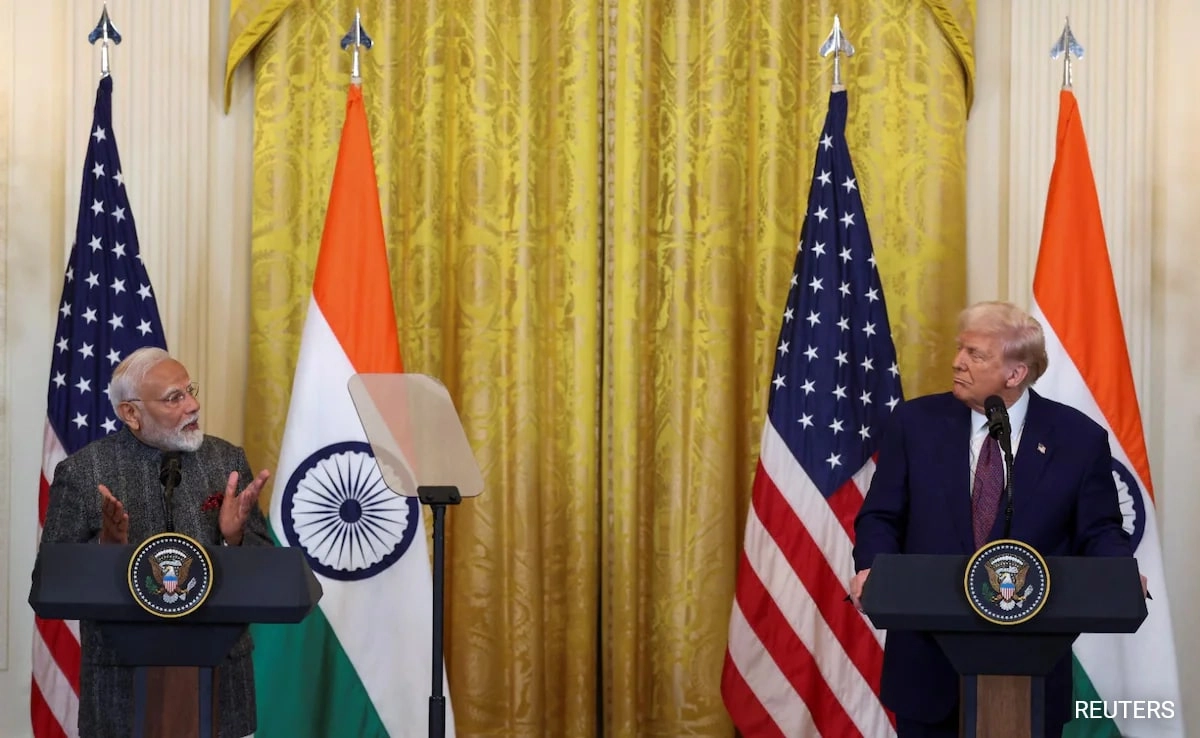In a surprising turn of events, Friedrich Merz has ascended to the role of German Chancellor, a position he initially seemed to have lost in a shocking electoral defeat. Merz, a prominent figure in German politics and leader of the Christian Democratic Union (CDU), faced a tough battle leading up to the elections. His campaign was marked by significant challenges, including internal party divisions and criticisms from both political opponents and the media. Many observers had predicted his downfall, particularly after the CDU’s disappointing performance in previous elections, which raised doubts about his leadership capabilities.
However, the political landscape shifted dramatically in the aftermath of the elections. As the dust settled, it became evident that Merz had managed to rally support from various factions within the party and attract voters seeking a stable and decisive leadership amidst rising economic and social challenges in Germany. His strategic repositioning and ability to address key issues resonated with the electorate, propelling him to victory in a surprising electoral turnaround. This unexpected win has not only restored his credibility but has also invigorated the CDU, which has struggled to regain its footing in the German political arena.
Merz’s election as Chancellor carries with it significant implications for Germany and the European Union. His leadership style and policy priorities are expected to shift the focus toward economic recovery and strengthening Germany’s role within Europe. This transition comes at a crucial time when the EU faces numerous challenges, including economic instability, migration issues, and the ongoing effects of climate change. As Merz steps into his new role, he will need to navigate these complex challenges while uniting his party and addressing the concerns of a diverse electorate. His success will depend on his ability to maintain a delicate balance between party unity and effective governance in a rapidly changing political climate.




